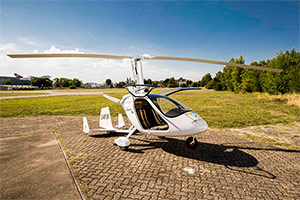electricity
Electricity. Today, along with water, food and sun, it is one of our basic requirements in life. Just about everything requires some form of it. And every country or region has different voltage strengths, which can make it difficult when using devices brought in from somewhere else. So how do you prepare for international travel?
Luckily it isn’t that difficult. The following information should answer any questions about what is needed to be able to safely use your appliances while abroad.
Voltage:
The standard North American voltage is 110 volts. The standard German voltage is 220-240 volts. Using basic common sense, hopefully it is clear that anyone who plugs into a German outlet something designed for use in North America will have a very unpleasant, although unforgettable, experience. Please do not try it. It is not a good idea.
Voltage Converters :
Simply put, voltage converters convert the incoming voltage to match that of the outgoing voltage. But there is a catch – not all of them convert from 220 to 110, so double check what you are purchasing. In addition, the number of watts that is supported can vary, so don’t buy a converter that is only good for up to 1000 watts when your hair dryer needs 1800.
Plugs and Outlets:
The North American plug has flat prongs, while the German has round ones. In addition, the German outlets are usually recessed into the wall. Plug adapters take care of this problem readily enough, but be aware that not all round-pronged adapters are the same - Europe has both fat and skinny round-pronged plugs. Germany uses mainly the fat-pronged plugs, but it might be a good idea to purchase both, just in case.
More and more electronics are being built with dual voltage capacities, so check your device to see if a converter is necessary. The voltage capacity can be found on either the plug, the device, or in the user information. Some appliances also have a switch which allows them to change between voltage strengths.
Batteries:
Most standard batteries are the same in Germany as they are in the North America. Types like AAA, AA, C, and D can be found in media and hardware stores, as well as some grocery stores. Other battery types are not so common, so it might be wise to bring extras along.
Battery Disposal:
Just about everything is recycled in Germany, and batteries are no exception. Check with the concierge at your hotel or a local information center about where to dispose of any used batteries accumulated during your trip.
Finding Converters and Adapters:
If you need to purchase a voltage converter or plug adapter, there are several places that sell them. The most common location is the airport, but they can also be found at hardware stores, and electronic stores, as well as the internet.



